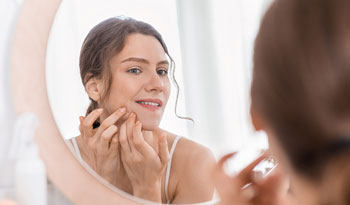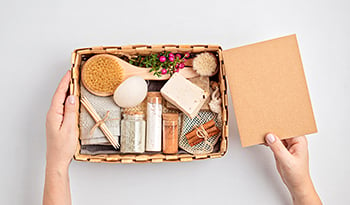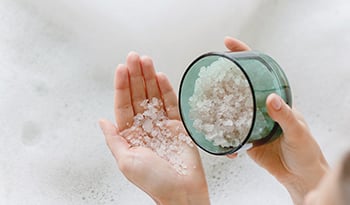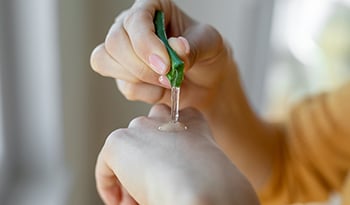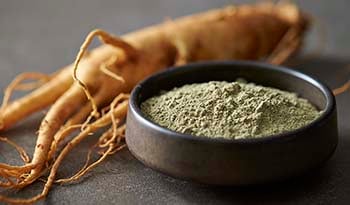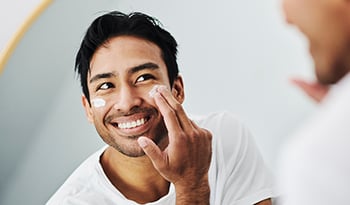What Self-Care Is… and Isn’t
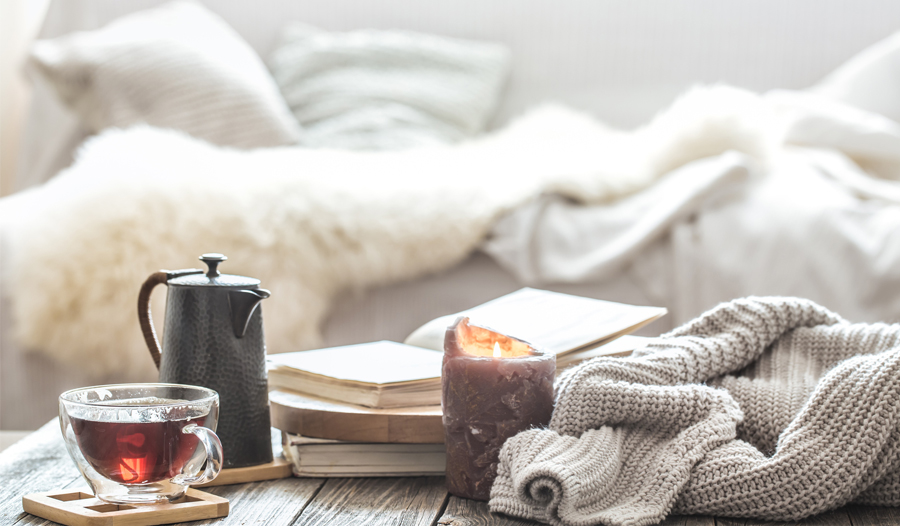
In today’s environment of social media and hashtags, we are often bombarded with images of what we think the perfect life should be. We compare the way we care for ourselves to the way celebrities and influencers care for themselves. When it comes to the idea of self-care, it’s easy for one to think self-care is about drinking champagne in a fuzzy white bathrobe. It’s also easy for others to trivialize our need for self-care when so much of what we see about it is face masks and bubble baths. In reality, self-care is necessary for self-protection and peace of mind.
In order for us to truly understand what self-care is, let’s talk about the basics. Think for a second, how do you take care of yourself? Yes, you eat, sleep, and brush your teeth. Hopefully, those are a given. But what are you doing beyond that to make sure you are sane? Self-care is kind of the umbrella term that encompasses what we do for our minds, bodies, and spirits. Going to a yoga class. Turning off the millions of alerts on your phone. Speaking up for yourself in a business meeting. All of this can be considered self-care.
Self-Care Isn’t Selfish
A year ago, I desperately needed to get away from the pressures of work and the cold winter days. I stole away to Cabo with a friend, but before I left, I told my team of collaborators that I would be completely unavailable. We were in the early stages of a big project, but they all assured me that they’d be able to function without me for a few days. Only a few hours into my vacation I was bombarded with emails, texts, and even phone calls about the project. My project manager at the time kept interrupting my peace and said something about my being selfish for not making myself available during this critical time. My friend, seeing me flustered and stressed, grabbed my phone and turned it off. “You should never feel bad for taking time for yourself,” she said.
How we define self-care today was brought to my attention by author and feminist Audre Lorde in her book A Burst of Light. “Caring for myself is not self-indulgence. It is self-preservation, and that is an act of political warfare.” Lorde’s words ring so true when we think about how women tend to be caregivers for everyone else and put themselves last. Consider your mother, your grandmothers, and even yourself. How many times have you sacrificed so that someone else can be cared for while putting yourself at the bottom of your list of priorities? You cannot care for others if you don’t first take care of yourself. Take a minute to let that statement sink in.
There is absolutely nothing selfish about self-care, and please don’t let someone else try to tell you otherwise. That project manager I mentioned tried his hardest to make me think that taking scheduled time off was selfish. For a few hours of my vacation, I felt like a bad person for wanting to relax. All these negative thoughts started going through my mind. Have I earned this vacation? Could I really afford to take these days off while we were working on a project? I should be going harder and sacrificing what I need so my team can win. Those thoughts couldn’t have been further from the truth, because realistically, how could we win if I was not at my best? This dilemma taught me a very important lesson: Those who have an aversion to you setting and maintaining boundaries do not respect you or your need for self-care.
Self-Care Encompasses the Whole Self
Self-care is the blanket term, but what about those things we do in order to help us maintain a healthy sense of self? Those are the acts of self-care that you may be familiar with. You can divide those into four categories: physical, spiritual, mental and emotional.
- Physical acts of self-care may include hiking, taking a walk in the middle of the day, and even getting a massage.
- Spiritual acts of self-care are meditation (with aromatherapy), prayer, fellowshipping with others about faith, and journaling.
- For my mental acts of self-care, I read a good book, unplug from social media, work in the garden, and take care of my inner child by expressing my creativity.
- My emotional acts of self-care can often be the tough stuff like expressing my feelings, setting boundaries, deciding to sit out that family dinner that makes me anxious, or watching a sappy movie so that I can let out a good cry.
How to Start Practicing Self-Care
I talk a lot about self-care, and one of the common questions I get from people who want to practice it is, “How do I begin?” First things first—give yourself permission to start truly caring for yourself. That’s you! You’ve been loving on everyone else and now it’s time to love on yourself. You can begin with something as simple as writing, “I love you” on a sticky note and putting it on the mirror in your bathroom. Or once a week maybe you go on a playdate with yourself and tap into your inner child. Think about it—when was the last time you had fun with just you? Getting started on your self-care journey is relatively easy, but you’ve got to commit to it. Commit to yourself.
Acts of self-care are the rituals we do on a regular basis whether it’s once a month or once a day to help us feel good. Studies show that showing gratitude, spending time in nature, and meditation increase serotonin and dopamine in the brain. Yes, taking long weekends and getting pedicures is fun. But self-care is doing the things that bring us moments of joy and remind us to find happiness. Self-care reinforces what we already know to be true, that we are worthy of happiness and we deserve self-love.
VYLOUČENÍ ODPOVĚDNOSTI: Tento blog není určen ke stanovení diagnózy...

































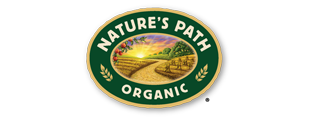













































 Obsah
Obsah




